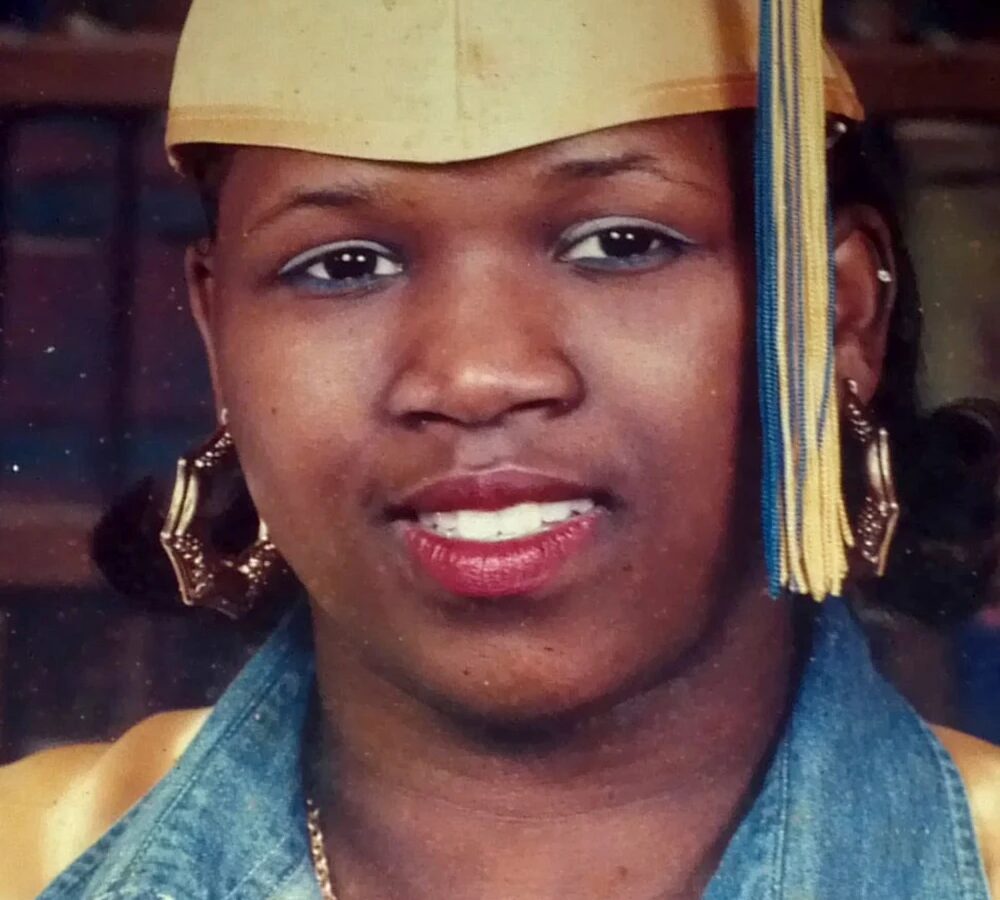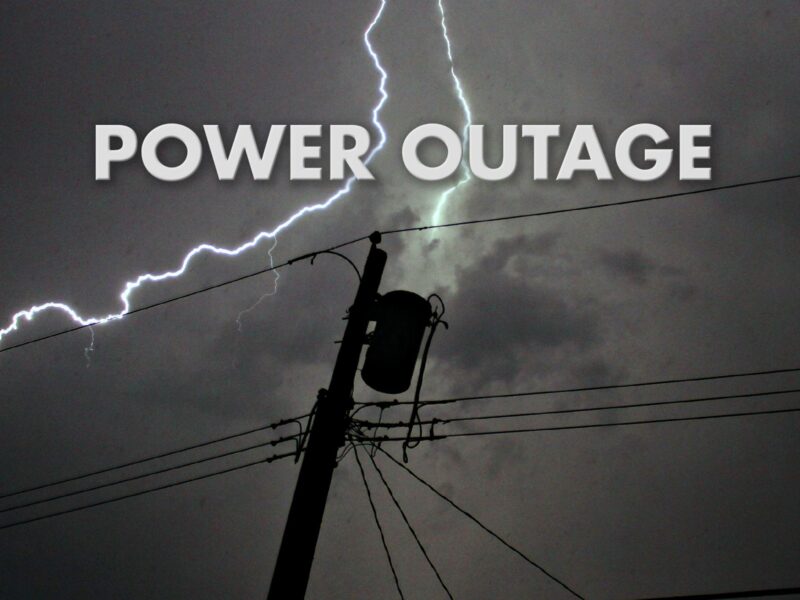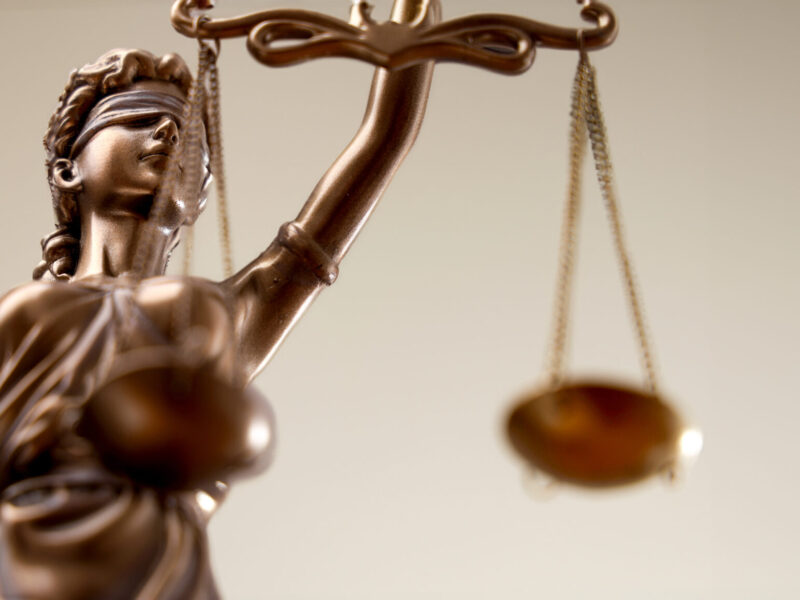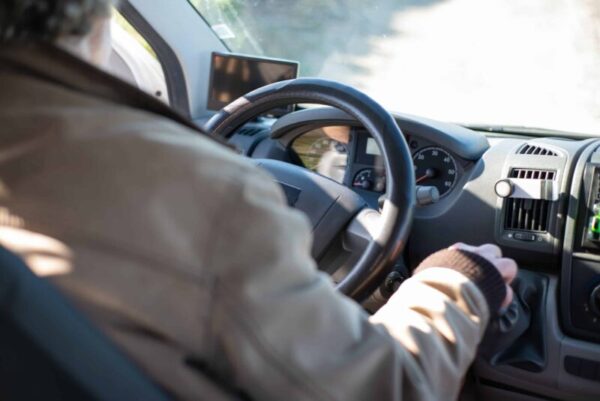Listen to this articleStaff Writer/Cleveland City Council Press release CLEVELAND (Nov. 6, 2024) — On Thursday, Nov. 7, Cleveland City Councilmembers, the family of Tanisha Anderson, and members of the Student Legislative Initiative of Cleveland will come together to introduce “Tanisha’s Law.” This new legislation, aimed at improving how the city responds to mental health […]
Posted inLiving, Public Safety










